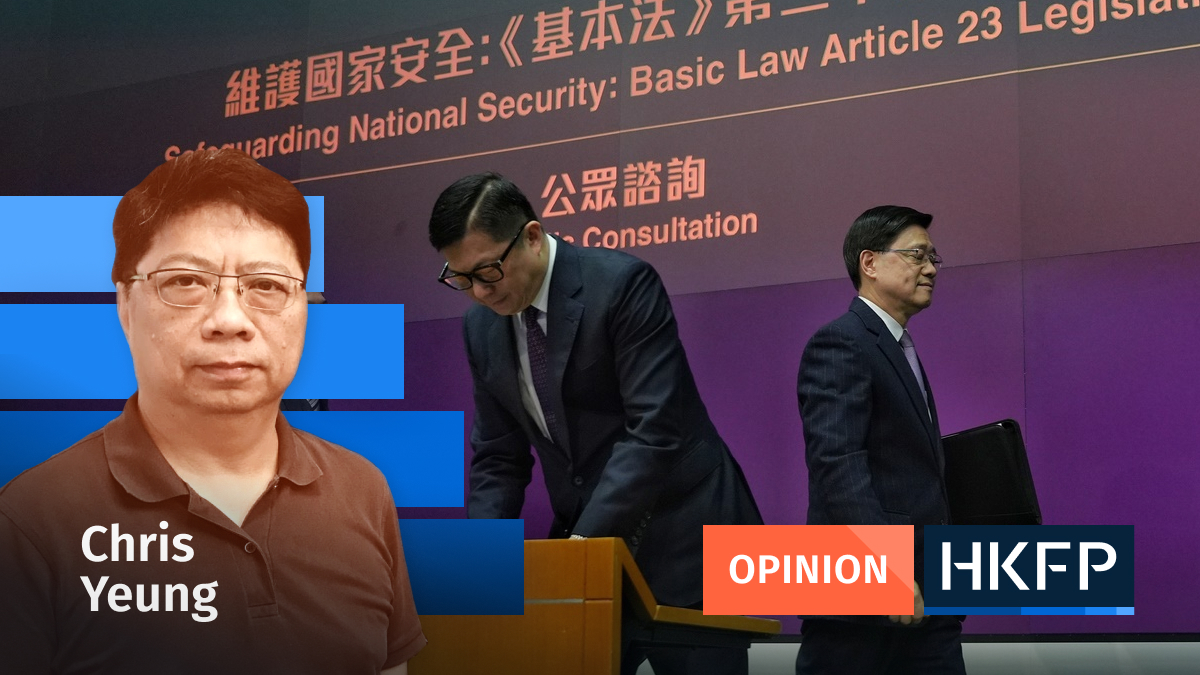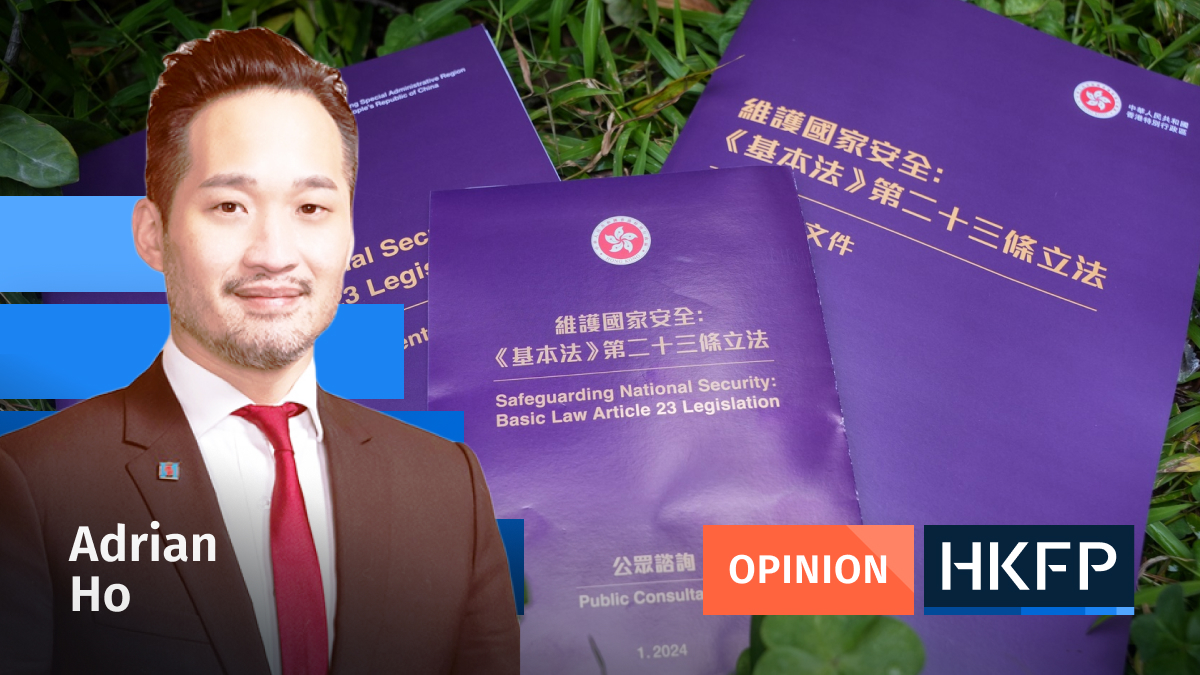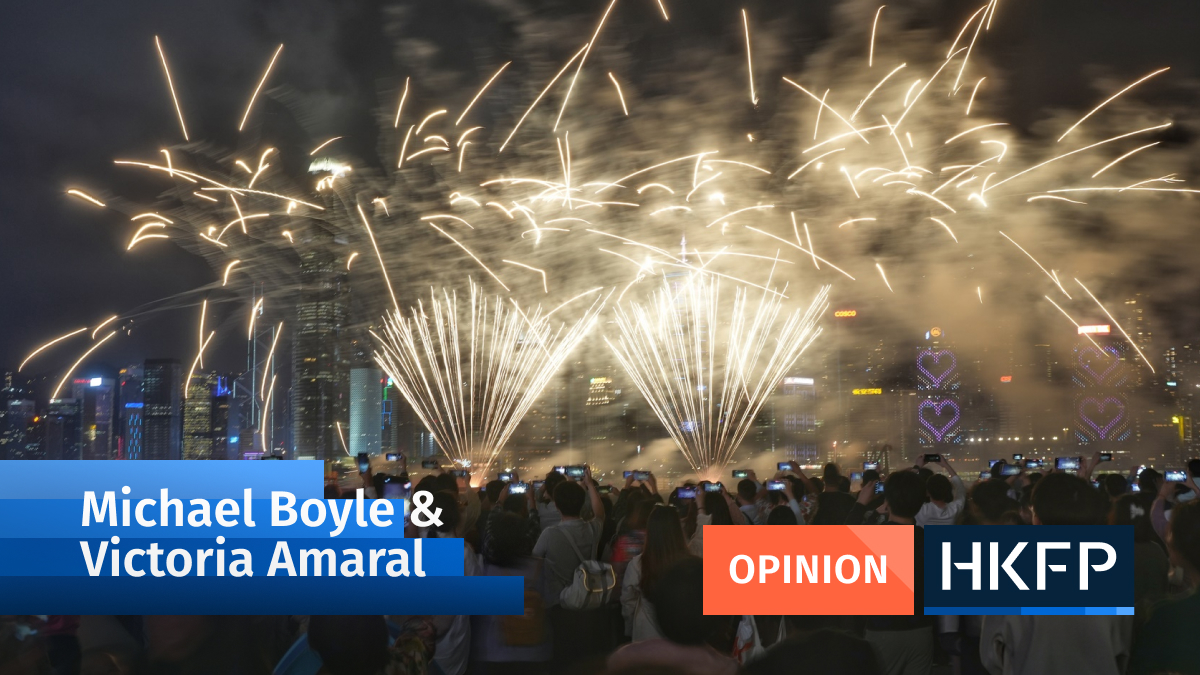The three local committees which decide who can stand in Hong Kong’s revamped District Council elections on December 10 – the Area Committees, District Fight Crime Committees and District Fire Safety Committees – have nominated 171 candidates for the 88 directly elected seats, including 129 of their own members.
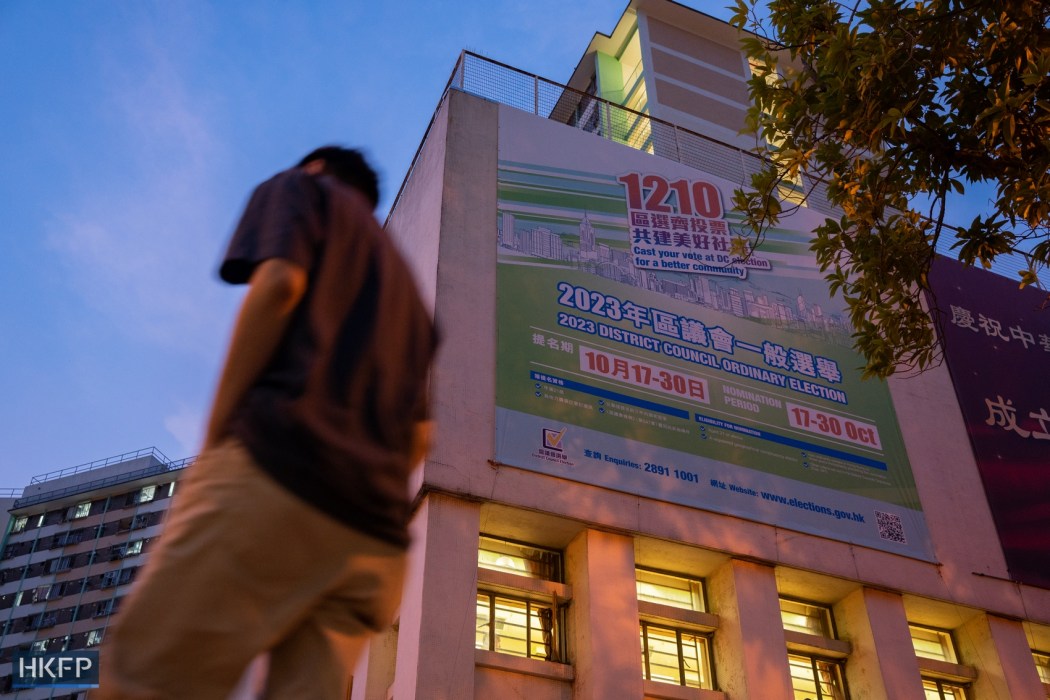
These will be the first elections since the pan-democrats swept the field in 2019 on the back of widespread dissatisfaction with the city government. They are also the first elections under the new arrangements that mandate candidates be “officially recognised patriots.” There are some surprises.
First, it appears that 75 per cent of the candidates in the geographical race already sit on the committees that decide who stands in the elections. A cautious approach, you might think. One committee member said that he or she did not dare to nominate potential candidates “without Beijing’s blessing.” Beijing’s Liaison Office likely played a key role in coordinating the nominations to ensure the outcome desired by the central authorities.
Second, authorities did not approve any of the Democratic Party’s six potential candidates. During the run-up to the Legislative Council elections in 2021, spokespeople for the central authorities, such as Tian Feilong, and Lo Man-tuen of the Democratic Alliance for the Betterment and Progress of Hong Kong, told us that the Democratic Party might violate the national security law if it banned its members from taking part. The party could be seen as undermining official policy, that is, subversion under Article 22 of the legislation.
Nevertheless, the Democratic Party chose to sit out the poll, not a surprise given that many of its leaders were in jail or had fled Hong Kong. I am unaware of any arrest of its members for national security crimes as a result. Lau Siu-kai, a senior member of a leading national think tank, said at the time that sitting out the LegCo poll could be seen as a form of “soft resistance” and advised patriotic Democratic Party members who wished to remain active in politics to quit the party and form a new group.
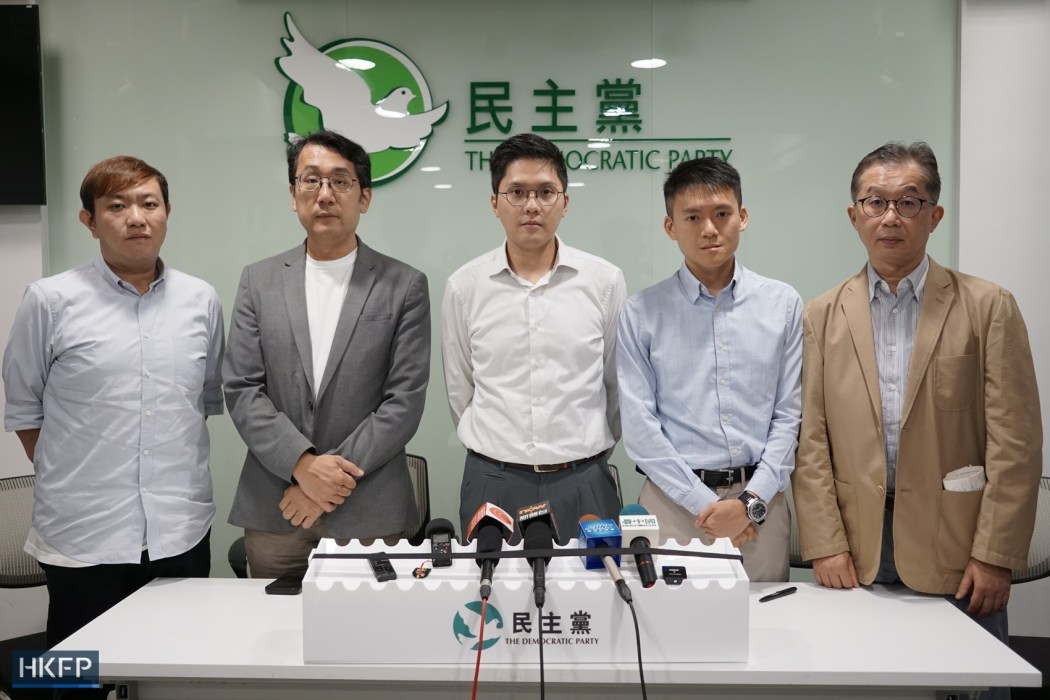
In the current District Council poll, authorities have made clear their animus toward the former opposition, likely including the Democratic Party. The Liaison Office’s Zheng Yanxiong said that “it is unlikely for someone who was actively opposing China and causing chaos in Hong Kong yesterday, or belonged to a political group that was still anti-China and disrupting Hong Kong to suddenly transform into a patriot today by merely chanting a few slogans.”
Lau pointed out that “radical political parties or groups” (the Democratic Party?) have never apologised for their role in the 2019 anti-government protests. They have “never publicly repudiated their past positions, showed remorse for their past deeds and sincerely expressed their intention and determination to change their ways.”
Yeung Sum, a former leader of the Democratic Party, pointed out that it has always supported “one country, two systems.” The party was aware, he said, of calls for an apology, but “should not give up its basic beliefs just for the sake of running in an election; if it changes, it will not be itself the Democratic Party.”
It thus appears stuck in a kind of twilight zone, unable to move back into electoral politics which is the goal of political parties.
Third, and much more surprising was the failure of the authorities to nominate any of the candidates put forward by moderate middle-way political organisations such as the Path of Democracy, Roundtable and the Third Side, all led by certified patriots such as Executive Council member Ronny Tong and LegCo member Michael Tien.
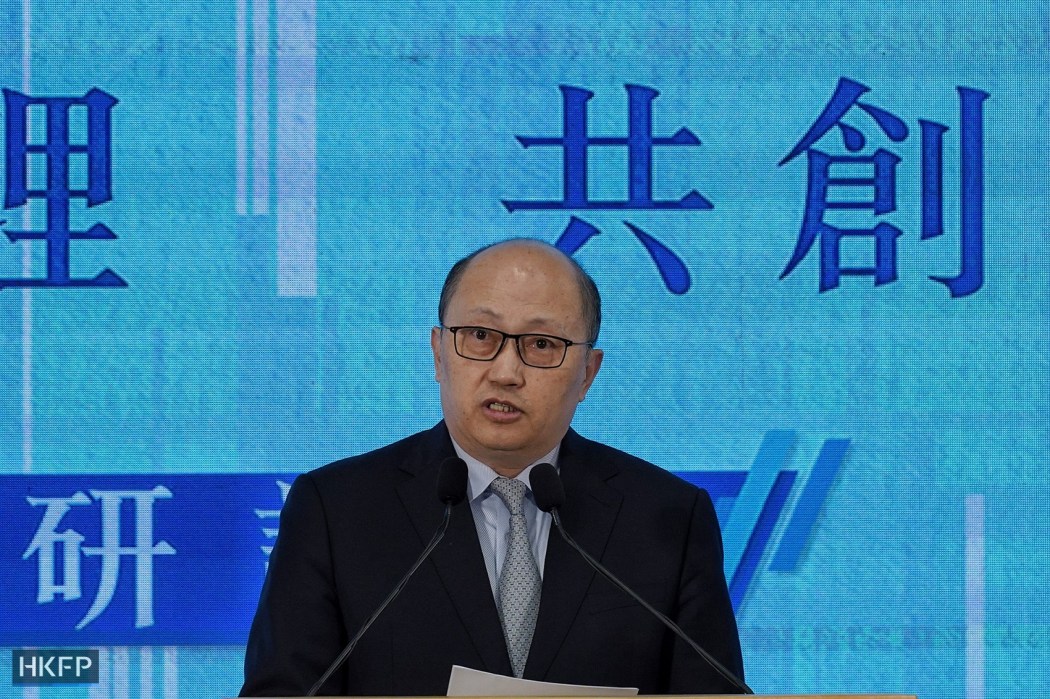
How to explain this? Lau implies that although Tong and Tien and other leaders may meet the standard of being patriots, the candidates themselves are unknown to the authorities. There would be a high risk for the nominators if they turned out not to measure up, he writes. This is a trust issue. Plainly the authorities in charge of the nominations did not sufficiently trust the endorsement of patriots such as Tong and Tien.
In this we are seeing the bureaucratisation of patriotism. Lau Siu-kai, referencing the Hong Kong and Macau Affairs Office’s Xia Baolong, identifies at least two different levels of patriotism: basic (“sincerely safeguarding national sovereignty, security, and development interests” and not endangering them); and advanced (respecting and safeguarding and not endangering the fundamental system of the country and its constitutional order, that is, the socialist system led by the Chinese Communist Party).
There is probably at least a third level, unstated here, in which senior patriots actively and publicly advocate party policies. I speculate that in the eyes of the authorities the Democratic Party has yet to achieve even the basic level, while the middle-way organisations are perhaps patriots on probation and not yet substantiated.
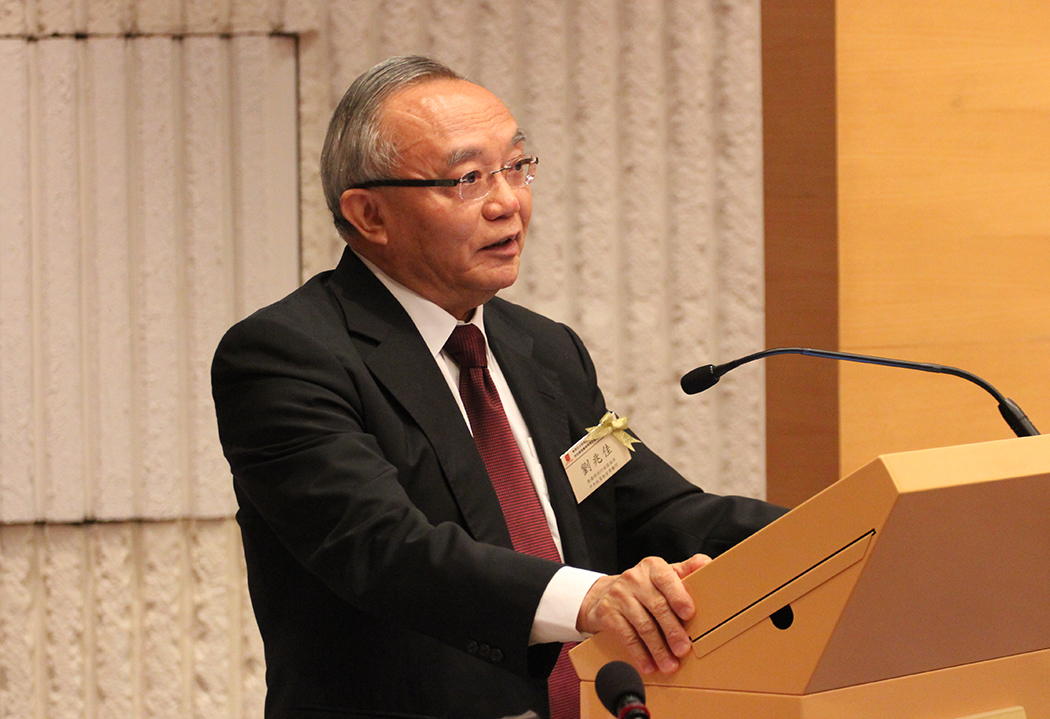
How much diversity will authorities accept in our LegCo and District Councils? In the authoritative State Council White Paper on Hong Kong’s democratic development which mentions “democracy with Hong Kong characteristics,” the central government, touting Hong Kong’s new electoral system, states that it is inclusive. “Elections should reflect more than one voice,” the White Paper declares. “Candidates for the Legislative Council represent various political groups and interests from different points on the political spectrum, espousing different political philosophies, and aspiring to different goals.”
It continues: “Having Hong Kong patriots govern Hong Kong does not exclude people with different political views or ideas, nor will criticism of the government be suppressed. Democracy in the HKSAR allows ample room for different opinions and political groups, and there will be a plurality of voices in the government.”
Although the State Council was discussing LegCo elections, surely the same logic applies to District Councils. If so, there is little evidence of this commitment to diversity of political ideas in our district council candidate nominations. Accordingly, we need better explanations of why authorities denied the nominees of these organisations a chance to compete and denied voters more diverse candidates.
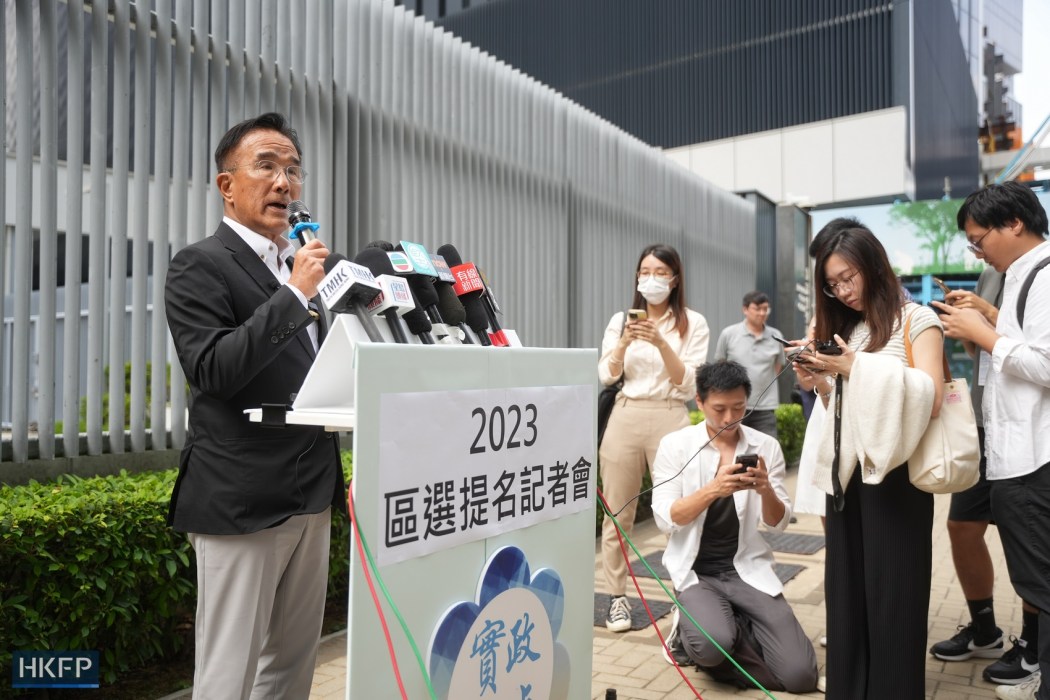
Legco Member Michael Tien suggested changes to the process of selecting District Council candidates, in effect asking for more transparency. This is a good thing. In 2018 the HKSAR government committed itself to be “open and transparent, and accountable to the public… as far as possible.”
Is our government still committed to these values? Or is this not possible now? If so, why? Transparency is important for building trust and legitimacy and is the bedrock of accountable government. Surely the authorities owe the people of Hong Kong more information about how they selected candidates for our District Council election.
Support HKFP | Policies & Ethics | Error/typo? | Contact Us | Newsletter | Transparency & Annual Report | Apps
| HKFP is an impartial platform & does not necessarily share the views of opinion writers or advertisers. HKFP presents a diversity of views & regularly invites figures across the political spectrum to write for us. Press freedom is guaranteed under the Basic Law, security law, Bill of Rights and Chinese constitution. Opinion pieces aim to point out errors or defects in the government, law or policies, or aim to suggest ideas or alterations via legal means without an intention of hatred, discontent or hostility against the authorities or other communities. |
Help safeguard press freedom & keep HKFP free for all readers by supporting our team

More HKFP OPINION:
HKFP has an impartial stance, transparent funding, and balanced coverage guided by an Ethics Code and Corrections Policy.
Support press freedom & help us surpass 1,000 monthly Patrons: 100% independent, governed by an ethics code & not-for-profit.





